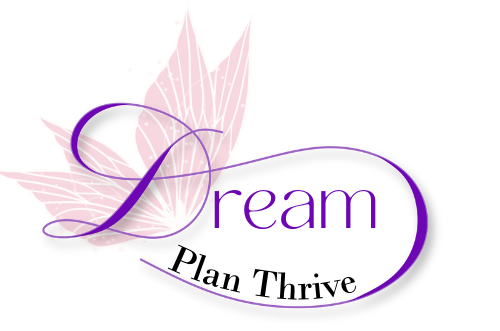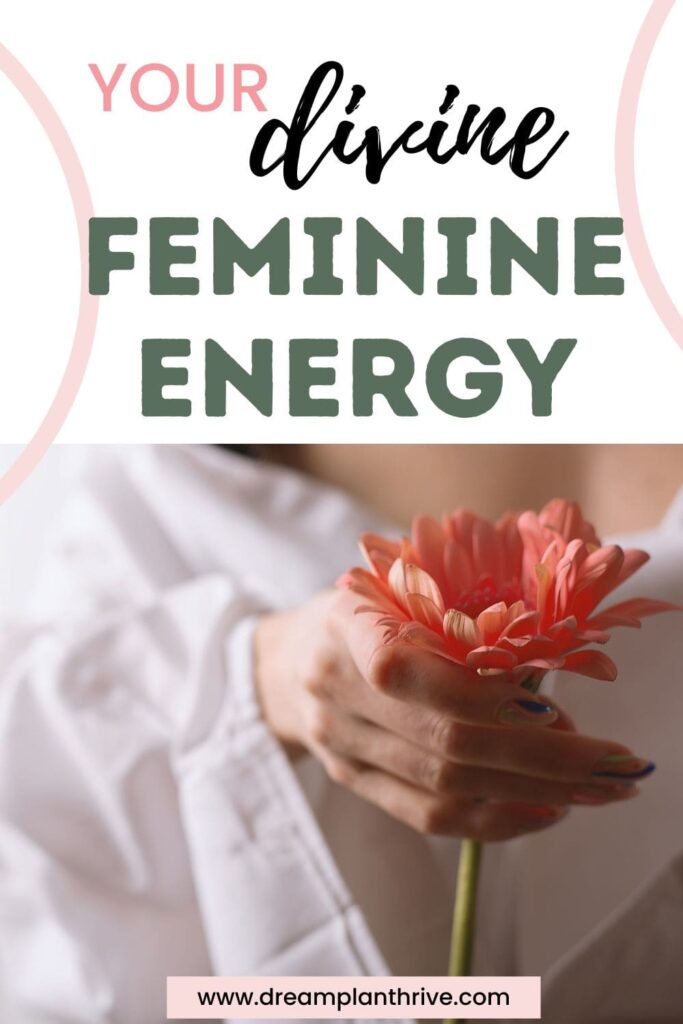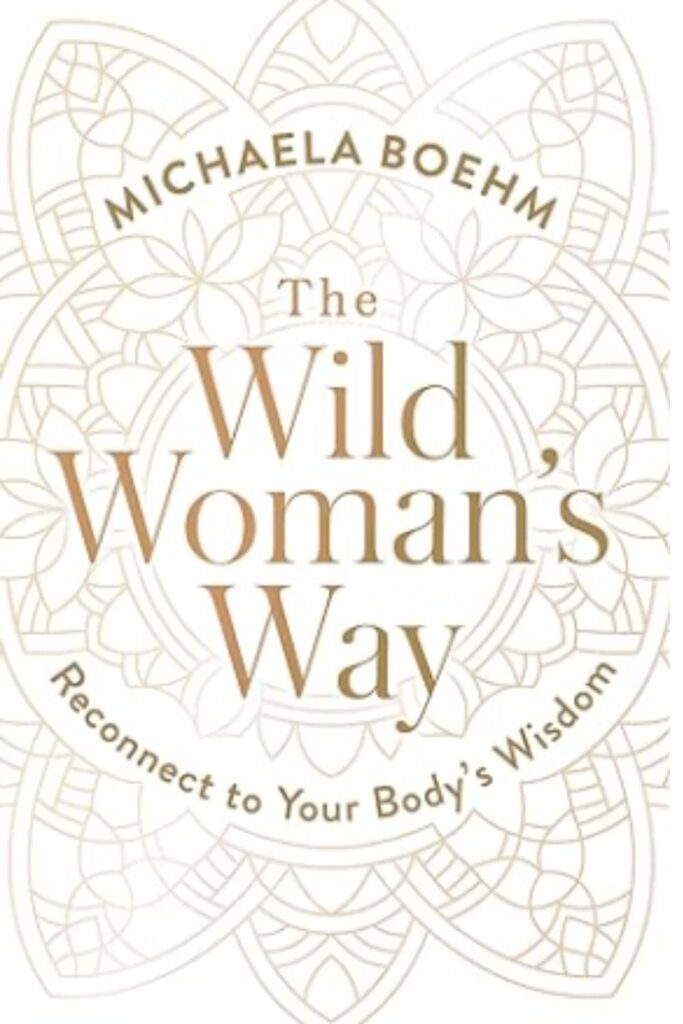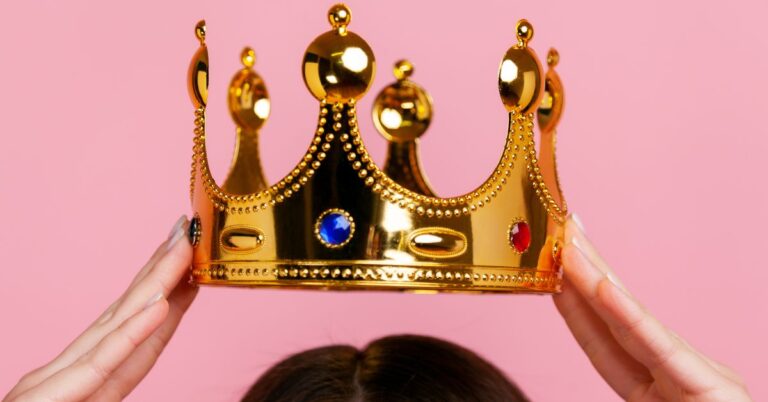
Since I was a small child, I was raised according to church rules, because my family is Christian, and my grandmother, who lived with us, was a strong believing woman; she always went to church, and usually she took us with her, me and my sisters.
What did I learn there? That men were the power; whatever the priest said was about “Him,” the man as the higher energy. I understood then that we women were insignificant and impure.
These experiences deeply impacted my self-esteem and my view of femininity. However, they did not diminish my faith. Instead, they led me on a journey to rediscover and reclaim the divine feminine energy within me—a powerful, nurturing, and essential aspect of spirituality that I had been taught to overlook. As an adult, I have embraced womanhood and the divine feminine energy as crucial, transformative forces that deserve understanding and reverence.
Through this personal evolution, I have discovered activities and practices that bolster my strength and self-confidence, allowing me to celebrate and harness the divine feminine energy that empowers, heals, and balances both my life and spirituality.
This post contains affiliate links, which means I may receive a small commission, at no cost to you, if you make a purchase through a link. Read the full disclosure here.
What “Divine Feminine Energy” Means?
Feminine energy is often talked about in spirituality, mythology, and psychological practices and involves qualities such as being able to understand how others feel, being supportive, working well with others, and caring about people’s emotions. Feminine energy is considered a very important aspect in balancing masculine energy, which is all about thinking things through logically, standing up for yourself, and doing things on your own.
In many traditions, the divine feminine is represented by goddesses, sacred female role models, and spiritual symbols that embody these nurturing and creative qualities.
For example, in Hinduism, goddesses such as Lakshmi and Saraswati personify wealth, beauty, and knowledge, aspects revered as part of the divine feminine.
Today, thinking about feminine energy helps us see how important it is to care about others, work together, and understand ourselves. It helps make us feel strong, healed, and connected to everyone and everything around us.
What “Divine Feminine Energy” Means in Other Cultures?
Across various cultures, divine feminine energy takes on diverse forms and significances:
- In Hindu culture, divine feminine energy is prominently embodied in the form of goddesses known as Shakti. Shakti represents the active, dynamic principles of feminine power and is essential to the creation, maintenance, and destruction cycles of the universe. Goddesses like Saraswati (wisdom), Lakshmi (wealth and purity), and Kali (transformation and destruction) are various forms of Shakti, each embodying different aspects of life and the universe.
- The Greeks personified divine feminine energy through goddesses such as Hera (the goddess of marriage and family), Athena (wisdom and war), and Aphrodite (love and beauty). These deities played critical roles in mythologies, influencing human affairs and embodying traits valued by Greek society.
- Many Native American tribes honor the Earth as a mother figure, a nurturing entity that provides sustenance and life. This reverence for Mother Earth encapsulates the divine feminine energy as life-giving and nurturing, integral to the health of the community and the land itself.
- In various African spiritual traditions, the divine feminine is often linked to earth, fertility, and creation. Goddesses or ancestral spirits are revered for their protective qualities and their roles in fertility and motherhood. In Yoruba religion, for example, goddesses like Yemoja are central figures representing motherhood and the sea.
- In Shinto (Japan), the sun goddess Amaterasu is a primary deity who brings light to the world and is an ancestor of the imperial line. Her presence in mythology underscores the importance of female deities in governance, fertility, and the preservation of the nation.
- Celtic mythology includes figures such as Brigid, a goddess of healing, poetry, and smithcraft, reflecting the multifaceted roles of women in society as caregivers, creators, and protectors.
- While traditionally not emphasizing a creator god or goddess, some branches of Buddhism (like Tibetan Buddhism) venerate female figures like Tara, who embodies compassion and swift protection, showing the importance of feminine qualities in achieving enlightenment.
How Do You Know If Your Divine Feminine Energy is Blocked?
Recognizing whether your divine feminine energy is blocked can involve assessing various aspects of your emotional, physical, and spiritual well-being. Here are some signs that might indicate a blockage in your divine feminine energy:
- Lack of Creativity: Feeling stuck, uninspired, or having a creative block where it was once flowing can be a sign.
- Emotional Instability: Experiencing frequent mood swings, feeling emotionally drained, or having an inability to express emotions appropriately.
- Physical Discomfort: Manifesting in the form of reproductive issues, irregular menstrual cycles, or sexual dysfunction can indicate blockages.
- Difficulty in Relationships: Struggling to maintain healthy relationships, or feeling disconnected from others.
- Poor Intuition: Having trouble listening to or trusting your intuition.
- Neglecting Self-care: Ignoring personal needs and not engaging in self-care practices can reflect a disconnection from your feminine energy.
- Control Issues: Overly controlling or having a hard time letting go and allowing life to flow naturally.
- Fear of Change: Resisting change or feeling fearful about the future can be linked to blocked feminine energy.
- Lack of Empathy: Difficulty in showing empathy towards others or understanding different emotional states.
- Overemphasis on Rational Thinking: Over-relying on logical thinking and neglecting emotional or intuitive insights.
If you notice several of these signs, it might be helpful to adopt practices that reconnect you with your divine feminine energy, such as meditation, spending time in nature, engaging in creative activities, and focusing on nurturing your emotional health.
Practices That Activate Your Divine Feminine Energy
Activating your divine feminine energy includes practices that stimulate connection, intuition, creativity and emotional depth. Here are ten practices that can help you connect to this energy:
- Meditation and Mindfulness – Regular meditation helps to quiet the mind and connect with your inner self, enhancing intuition and emotional awareness. Focus on breath work or guided visualizations that cultivate peace and receptiveness.
- Yoga – Yoga practices, especially those focused on gentle, flowing movements like Hatha or Kundalini, can help align your physical body with your spiritual self, opening up channels for feminine energy.
- Nature Connection – Spending time in nature can help ground you and reconnect you with the earth’s nurturing energy. Activities like walking barefoot on the grass, gardening, or simply sitting under a tree can be profoundly restorative.
- Creative Expression – Engage in activities that fuel your creativity such as painting, writing, dancing, or playing music. These acts allow you to express your inner feelings and thoughts, a key aspect of divine feminine energy.
- Journaling – Keeping a journal to explore your thoughts and feelings can deepen your self-understanding and enhance your connection to your inner voice, a central aspect of feminine energy.
- Rituals – Create personal rituals that have meaning to you, such as natural lighting candles, burning sage, or setting intentions during the new moon. These rituals can help sanctify your daily life and connect you to the cyclical nature of time and energy.
- Embrace Nurturing Relationships – Foster relationships that encourage mutual support, understanding, and growth. The divine feminine is relational and thrives in collaborative and supportive environments.
- Holistic Self-care – Prioritize practices that nurture your body, mind, and spirit. This could include a nourishing diet, spa days, or therapies like massage and acupuncture which help maintain your energy flow and wellness.
- Praying—Using prayers can be a powerful way to align your vibration with the energy of the divine feminine. Choose mantras, prayers, and affirmations that resonate with kindness, love, and empowerment.
- Educate and Empower – Continue learning about the divine feminine through books, workshops, and other educational formats. Knowledge empowers and when shared, it magnifies the communal aspect of feminine energy.
These practices can be integrated into your daily life to help activate and nurture your divine feminine energy, leading to a more balanced, intuitive, and fulfilling life.
Several books can further guide you in understanding and cultivating divine feminine energy:
- “Women Who Run With the Wolves” by Clarissa Pinkola Estés – This book is a rich exploration of the wild woman archetype through myths and stories, showing how feminine qualities of intuition and strength manifest. Clarissa Pinkola Estés uses folklore and psychology to highlight the resilience and wisdom of the feminine spirit.
- “The Wild Woman’s Way” by Michaela Boehm – In this book, Boehm offers practical exercises combined with insights from spiritual traditions to help readers connect with their primal feminine essence. It’s a guide for those looking to embrace their sensuality and creativity, emphasizing the empowerment found in the wild woman archetype.
- “Sacred Woman” by Queen Afua -This book provides a comprehensive approach to nurturing the divine feminine through spiritual, physical, and mental practices. It is deeply rooted in holistic healing and Afrocentric spirituality, offering readers ways to enhance their connection to their feminine essence through rituals, affirmations, and dietary advice.
These practices and readings are complemented by insights from spiritual gurus and practitioners of energy healing, who often emphasize the importance of balancing, nurturing, and celebrating the divine feminine within each individual to achieve a harmonious and fulfilled life.
Search multiple sources for information, books, spiritual guides, and courses; choose what you feel resonates with you, and begin the journey to a new “you.”
Have you experienced a transformation through embracing your divine feminine energy? Share your story with us and inspire others to begin their journey!










